Mobilizing Financial Markets to Catalyze Economic Decarbonization
Image Carousel with 15 slides
A carousel is a rotating set of images. Use the previous and next buttons to change the displayed slide
-
Slide 1: photo
-
Slide 2: photo
-
Slide 3: photo
-
Slide 4: photo
-
Slide 5: photo
-
Slide 6: photo
-
Slide 7: photo
-
Slide 8: photo
-
Slide 9: photo
-
Slide 10: photo
-
Slide 11: photo
-
Slide 12: photo
-
Slide 13: photo
-
Slide 14: photo
-
Slide 15: photo
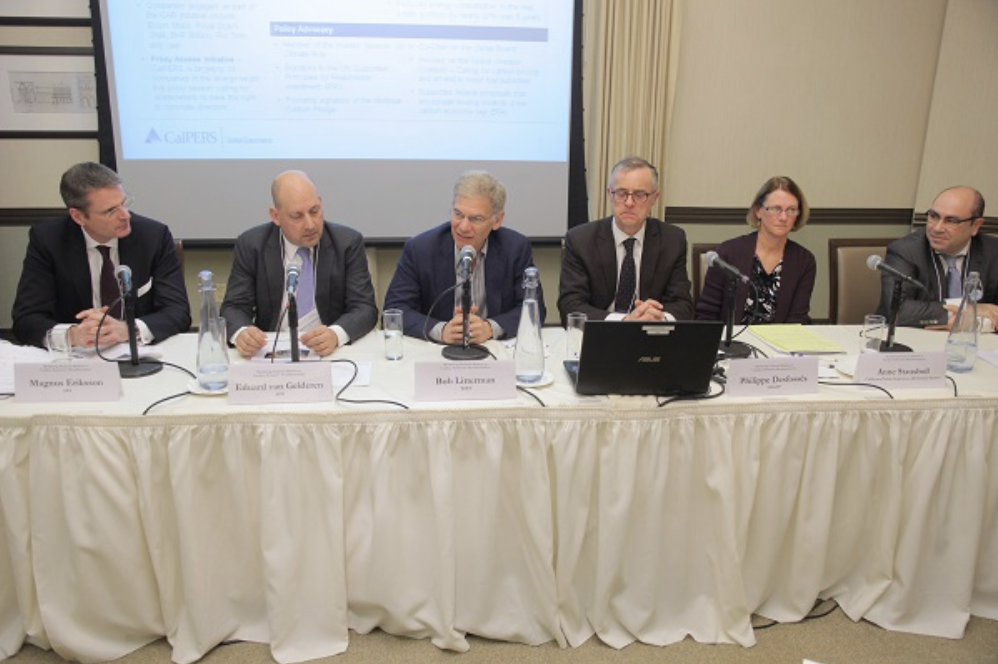
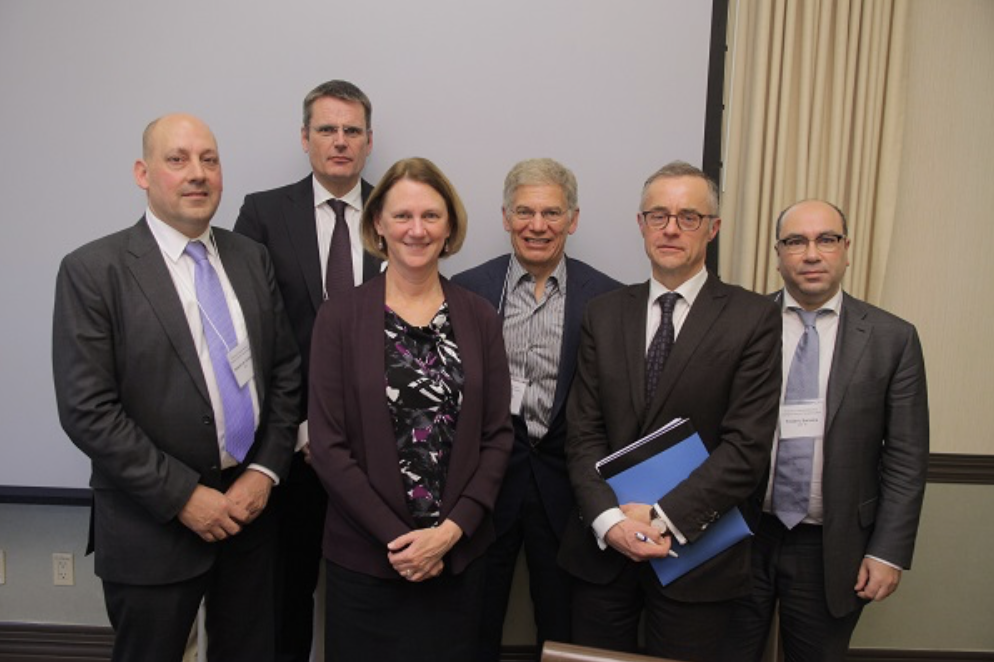
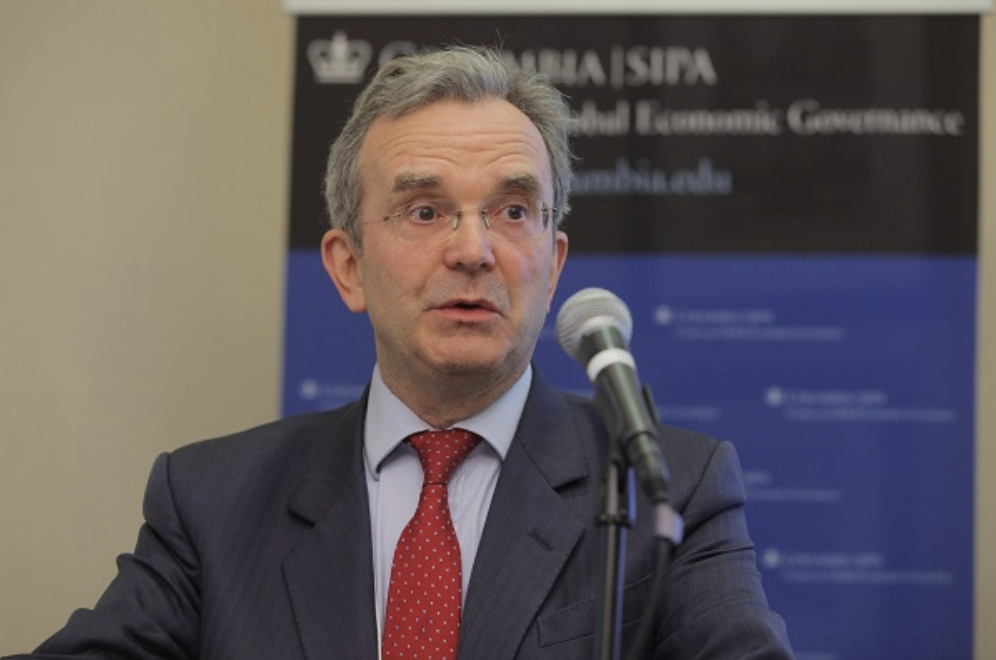
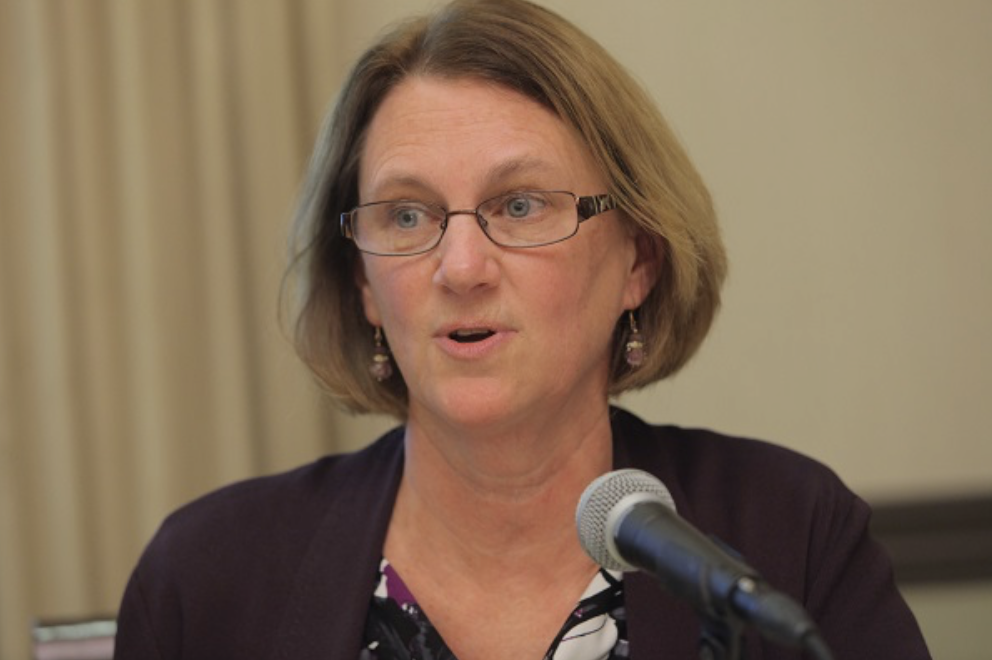
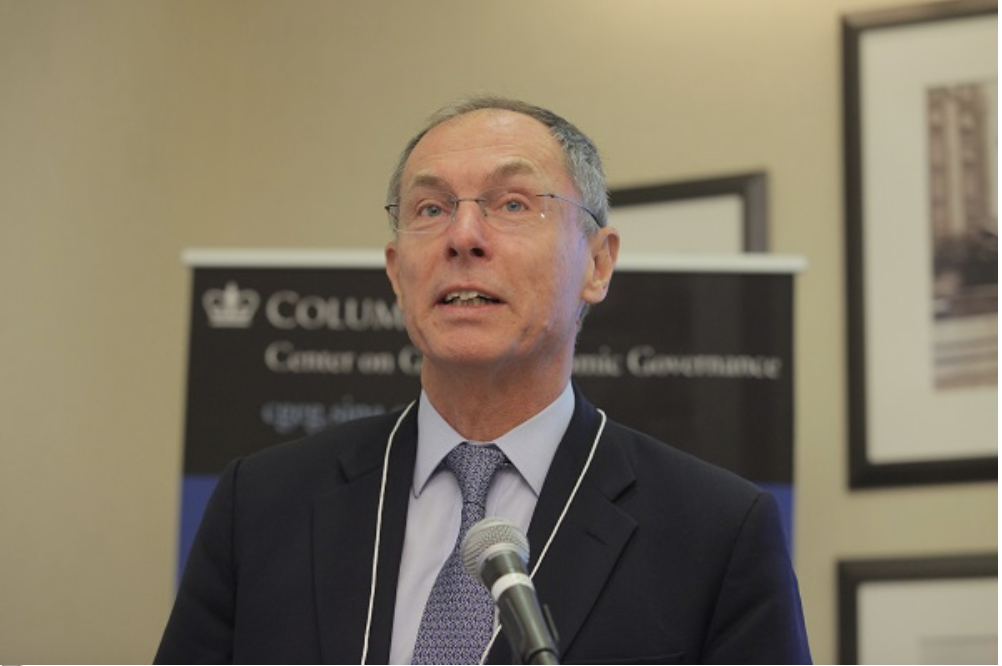
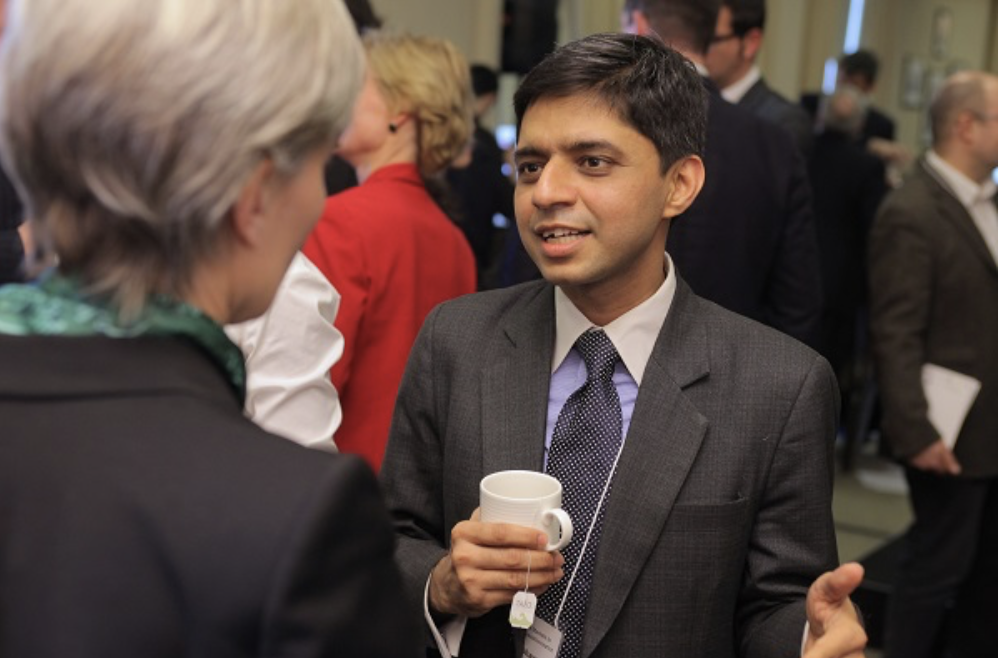
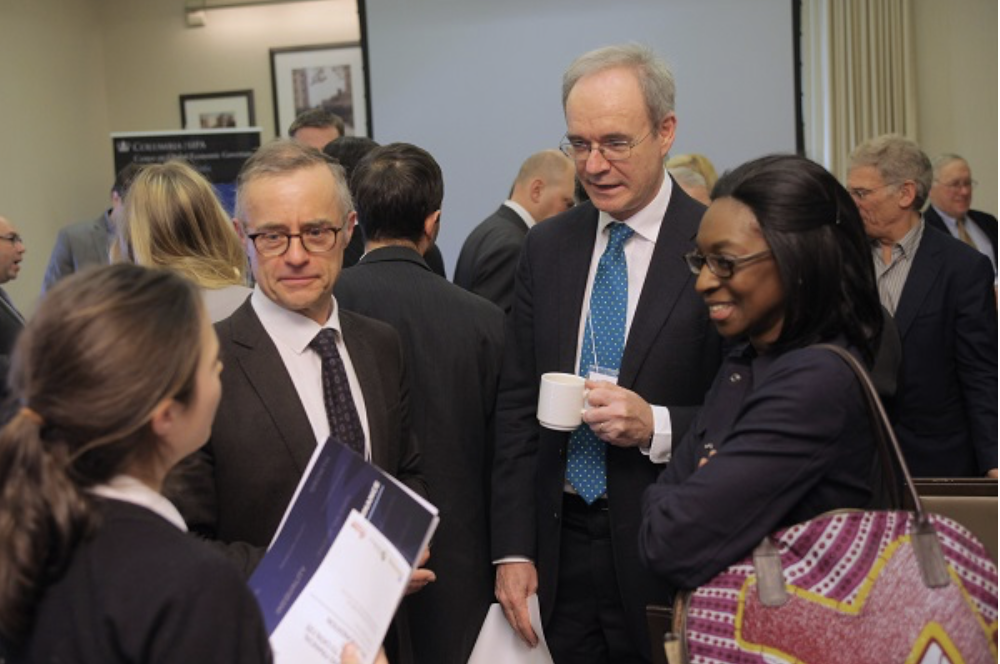
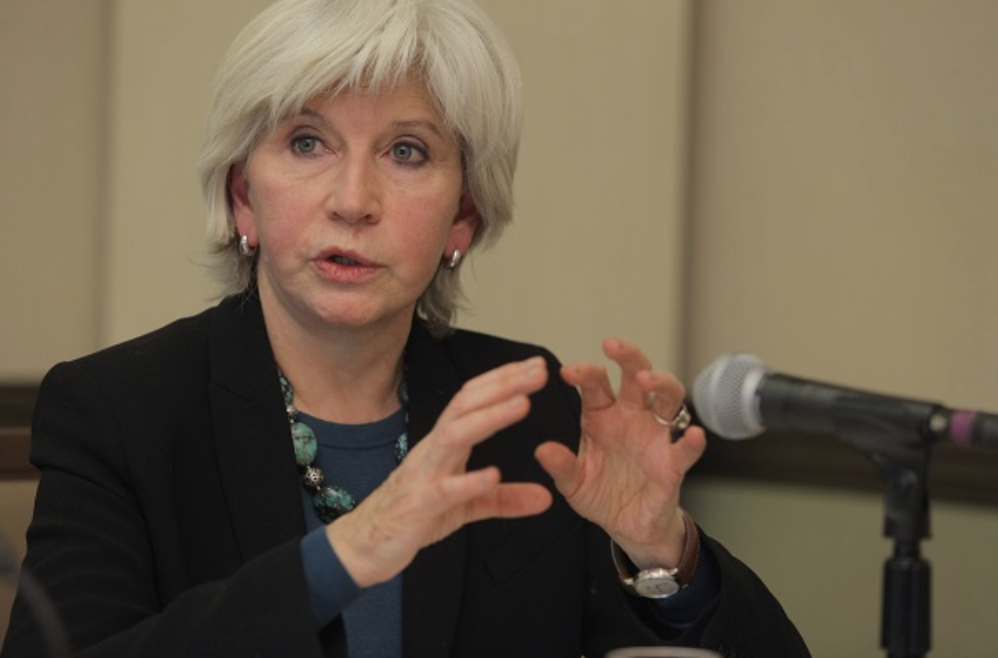
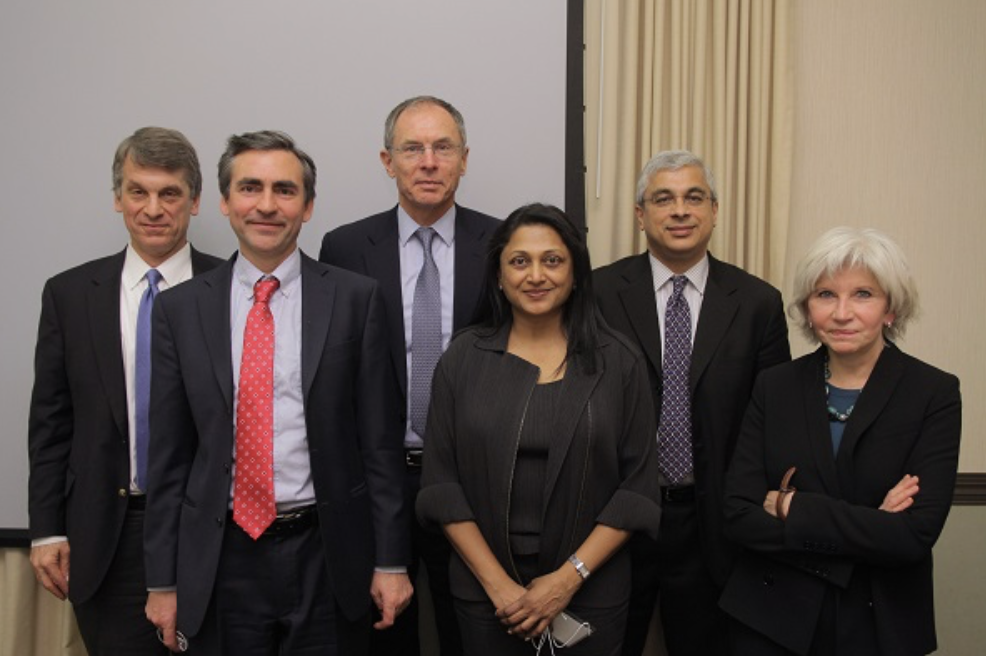
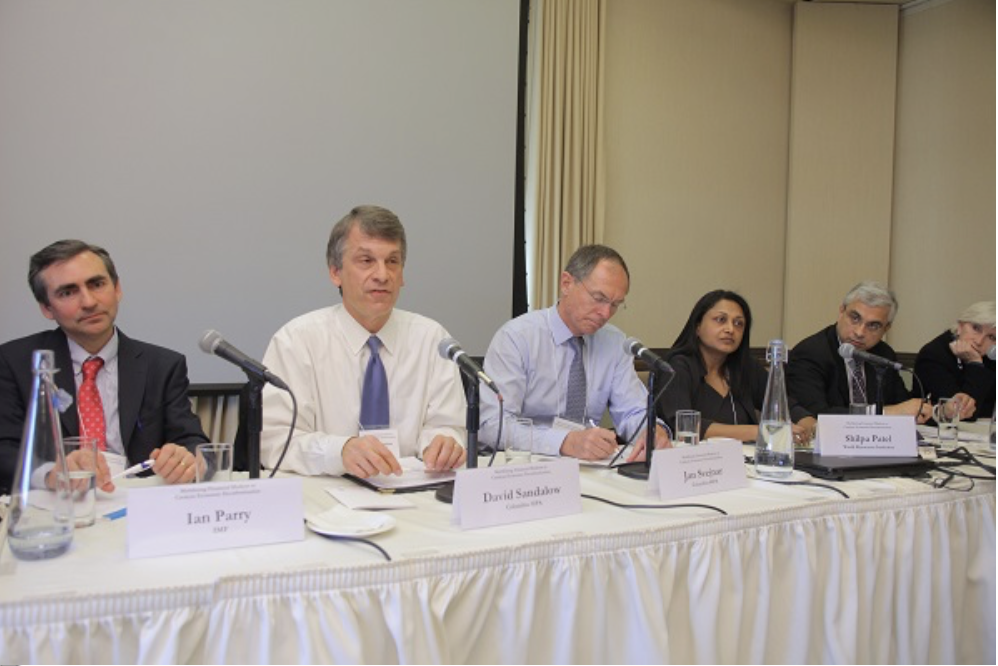
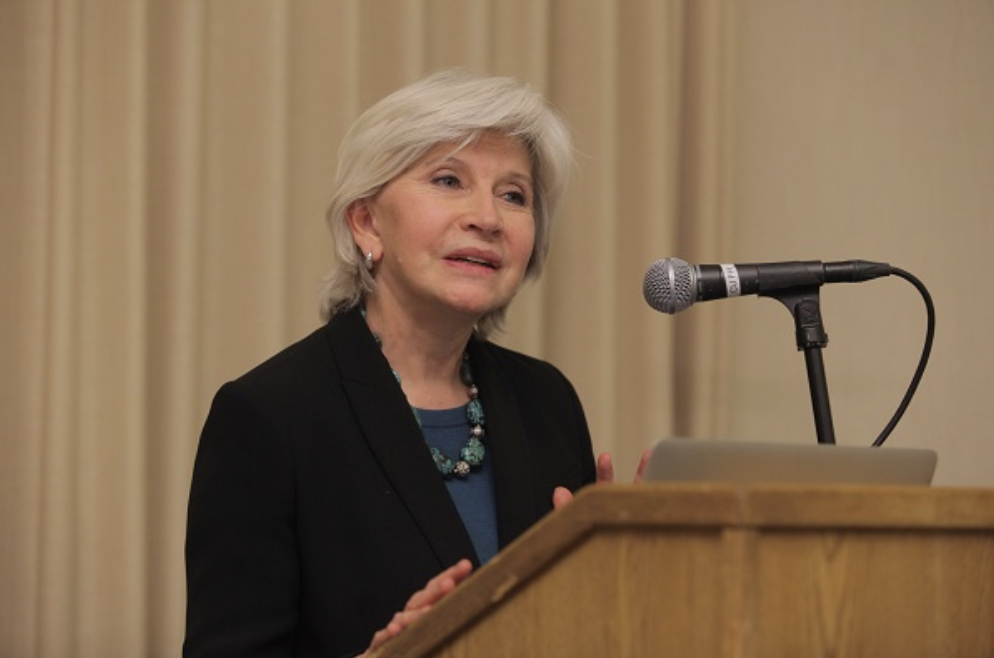
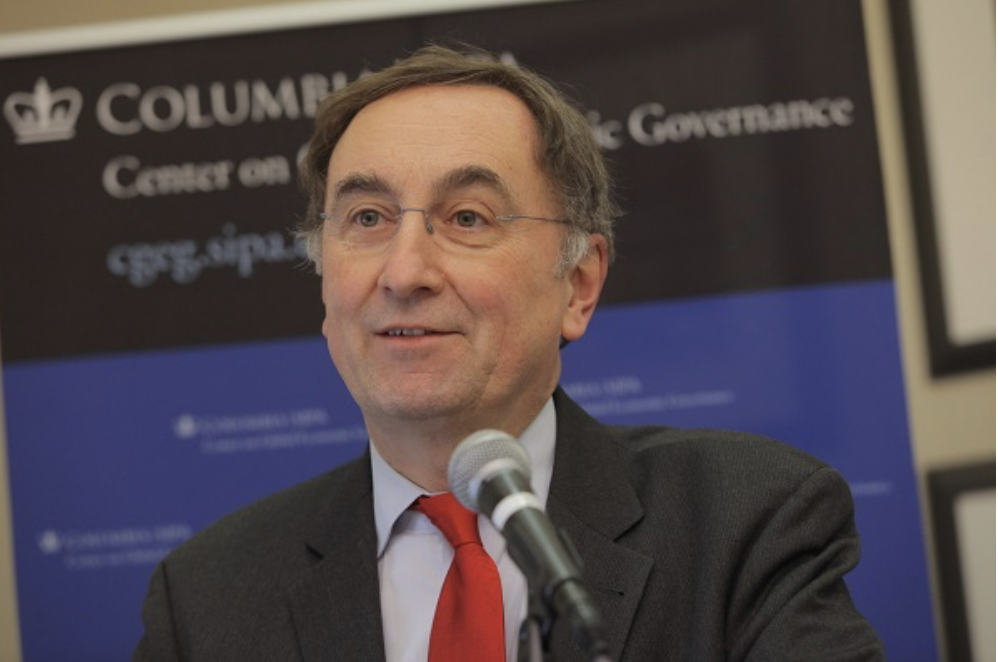
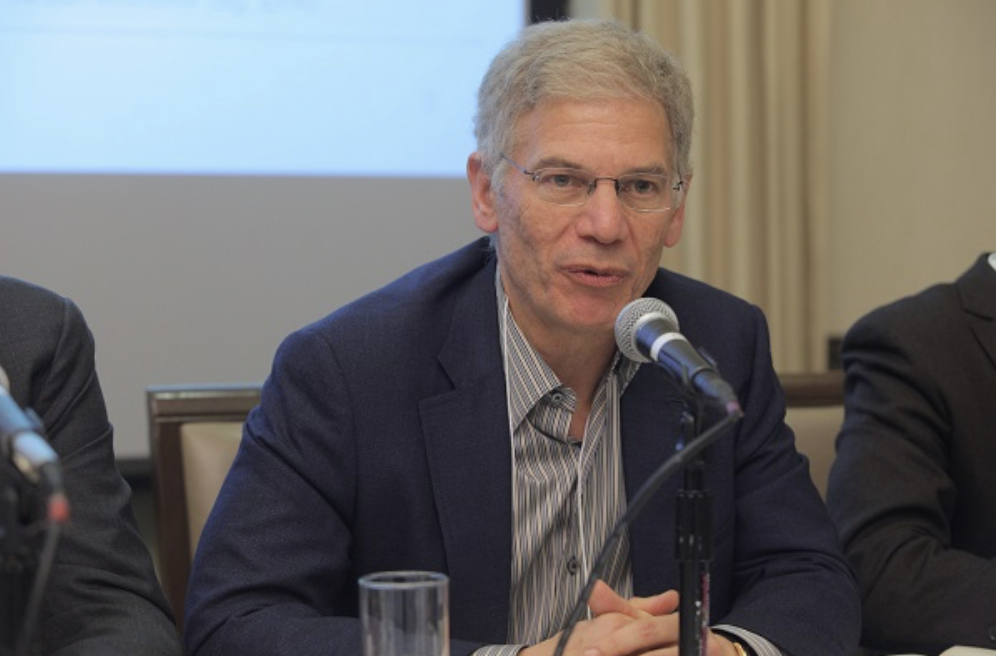
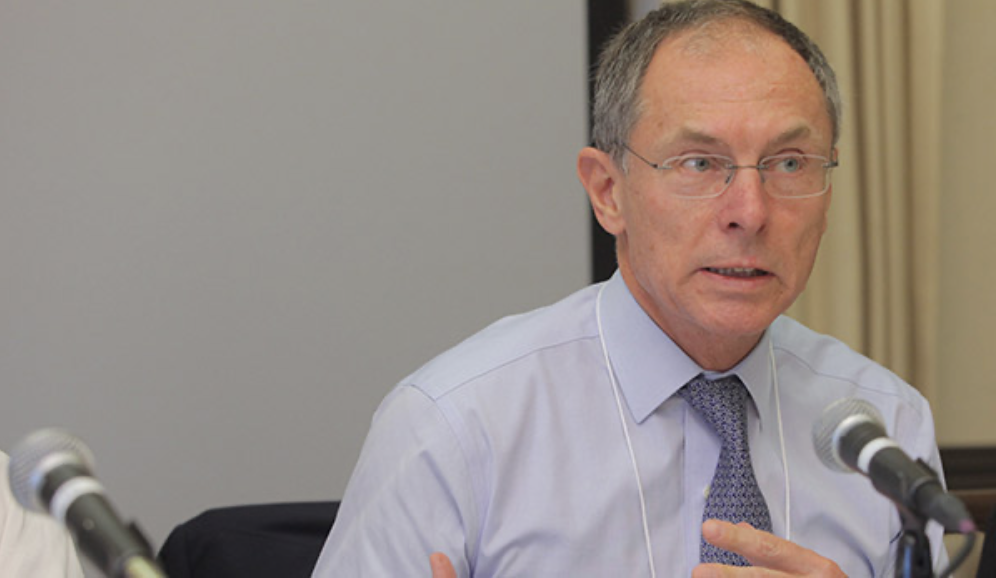
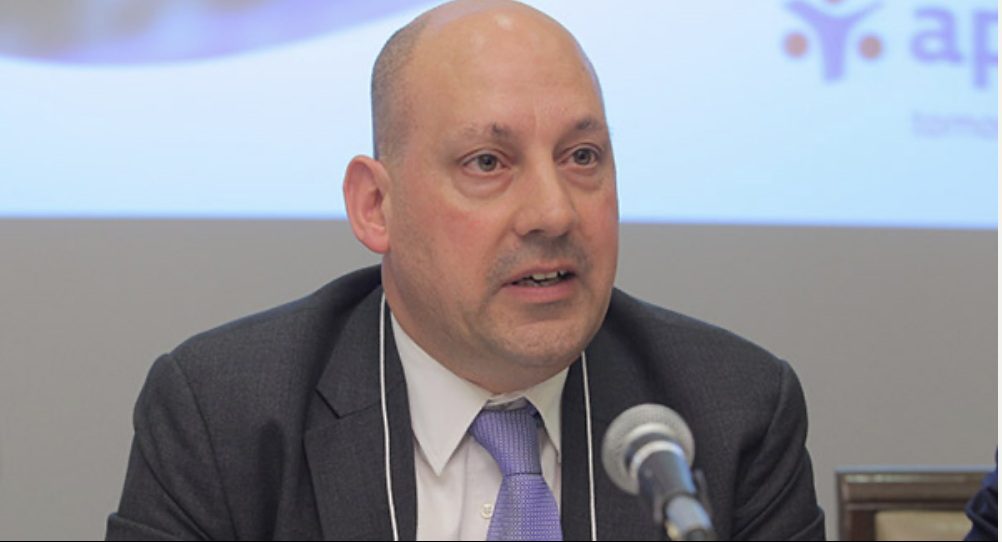
Continuing the work begun by UN Secretary-General Ban Ki-moon with the Climate Summit in September 2014, leaders from across the investment community and government representatives gathered together to discuss ways to expand efforts in mobilizing the financial sector behind decarbonization. Organized by the Columbia SIPA Center on Global Economic Governance (CGEG), CDP, the Portfolio Decarbonization Coalition (PDC), the Sovereign Wealth Funds Research Initiative (SWF RI), the United Nations Environmental Programme’s Finance Initiative (UNEP FI), the conference brought asset owners representing about $6 trillion together to devise ways for financial markets to catalyze and facilitate the decarbonization of the global economy.
Two roundtable discussions provided an enlightening opportunity for investors from pension funds, international development agencies, government representatives, and banking officials to share opportunities in understanding how the financial sector can lead the path towards decarbonization through innovative market initiatives.
>> Watch interviews with Symposium Speakers
The first roundtable discussion covered the various ways in which large national pension funds have begun to diversify their portfolios towards Environmental, Social, and Governance (ESG) investments. Many of the panelists spoke of their fiduciary duty not only to pay for the benefits of their members for decades to come, but for the intergenerational equity on the future, in which their current investment decisions should leave a more sustainable planet and economic system for generations to come. As some of the panelists noted, the overall financial sustainability of their saving systems is directly correlated to the sustainability of the planet. As such, it is imperative for long-term investors to reduce the carbon intensity of their portfolios. These long-term investors will make clear that they have long-term commitments throughout their portfolios in reducing the risk of climate change and increasing investment returns.
In the absence of a global governance structure amongst nations, the panelists stressed the need for businesses and governments alike to work together to take into account the climate risks associated with their investments and monitor what companies are investing in. Institutional investors in attendance were pressed not to remain as spectators, but to be active players in catalyzing the change from ‘brown’ to ‘green’ investments. In order to institute appropriate incentives for sustainable options and push investors towards a low-carbon economy, the panel advised that the expectations of climate risks should be priced appropriately.
Janos Pasztor, UN Assistant Secretary-General on Climate Change, transitioned the panels with a keynote address recalling the commitments made by the private sector at the Climate Summit and emphasizing the importance of decarbonization. Making the economic case for an ambitious climate agreement at the upcoming Paris COP-21, Mr. Pasztor outlined three key areas of financing the move towards low carbon initiatives. These included leveraging private sector financing, doubling climate sector investments, and harnessing institutional investors in decarbonizing their investments in financial markets. Risks of delaying any action in investing in the green economy will set tremendous development progress made over the past decades in reverse. As Mr. Pasztor claimed, the UN Secretary General is ready to assist in any way possible to help the financial sector in these investment opportunities.
The second roundtable discussion included speakers from the International Monetary Fund (IMF), the World Resources Institute (WRI), the World Bank (WBG) Climate Change Group, and Columbia University’s Center on Global Energy Policy. The panel highlighted the essential role that ministries of finance and development banks play in financing mitigation opportunities across the global economy. Ian Parry, Principal Environmental Fiscal Policy Expert at the IMF, outlined the ways in which the IMF has already begun bringing together policymakers in carbon pricing schemes and underscored the value carbon pricing has in its own national interests in reducing health costs from air pollution and generating valuable government revenue sources. Additionally, Mr. Parry noted that carbon pricing is essential in leading financial institutions towards low-carbon investments,
David Sandalow, from Columbia SIPA’s Center on Global Energy Policy, discussed ways in which governments can bring clean energy economies to scale by reducing fossil fuel subsidies and creating programs that provide guarantees for commercial lending. Shilpa Patel of the WRI added that the world needs to invest around $90 trillion between now and 2030 to abate the devastating effects of climate change on the global economy. She noted, however, that throwing money at the problem, without addressing the underlying causes, would not help solve the overall environmental problems. Ms. Patel similarly advocated that owners of capital must bring changes in shifting their investments towards climate resilient developments, while development banks must identify the motivations of the private sector in making those changes.
Stressing the urgency at which the financial sector must act in leveraging carbon pricing, Vikram Widge of the WBG Climate Change Group similarly mentioned that the problem of uncertainty in the financial markets must be addressed in order for institutional investors to gain confidence in long-term, low-carbon investments. Special Representative of France for the 2015 Paris Climate Conference (COP-21) Laurence Tubiana, who participated in both the final panel and address the conference as the second keynote speaker, stressed the need to build up a new global economy, while managing expectations. She concluded by stressing the need for the private sector to do more, “We have to organize it between us for the rest of the world to understand what we are doing. Paris is not about the treaty but about a signal of global transformation.”
— Rohan Kocharekar MIA ’15
